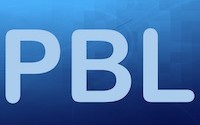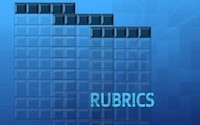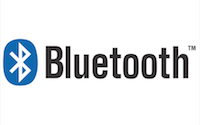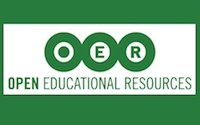
Teacher-Student Perspectives of Invisible Pedagogy: New Directions in Online Problem-Based Learning Environments
Universities and institutions of higher education are facing economic pressures to sustain large classes, while simultaneously maintaining the quality of the online learning environment (Deming et al, 2015).. Digital learning environments require significant pedagogical shifts on the part of the teacher.. This paper is a qualitative examination of the nature of teaching in the digital age, and the […]














